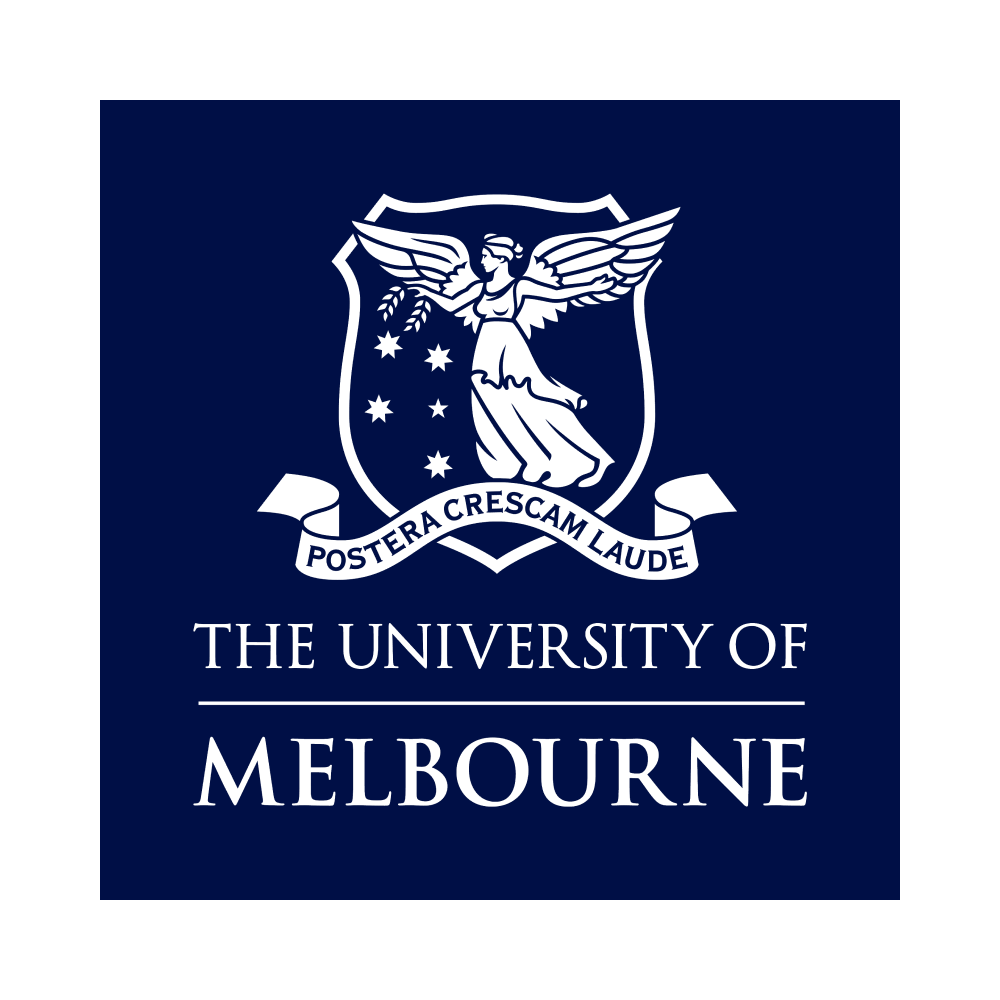University of Melbourne
Master of Marketing Communications
- Delivery: Face to Face
- Study Level: Postgraduate
- Duration: 24 months
- Course Type: Master's
Designed for those with a keen analysis of emerging technology and their impact on modern marketing and communications.

Course overview
The Master of Marketing Communications arms you with disciplinary-specific knowledge and interdisciplinary expertise that gives you the adaptive capabilities to thrive in this ever-changing profession.
As a vocational program with an internship option, the Master of Marketing Communications integrates your skills in the marketing and communications disciplines by teaching you how to adapt to the changing industry of the digital age. Graduates emerge as creative and reflective practitioners equipped to face dynamic industry challenges with practical skills in content marketing, advertising, public relations and strategic communications.
CSP Subsidised Fees Available
This program has a limited quota of Commonwealth Supported Places (CSP). The indicative CSP price is calculated based on first year fees for EFT. The actual fee may vary if there are choices in electives or majors.
Key facts
July, 2026
What you will study
This is the most popular program for those who have completed undergraduate studies. No experience is necessary. Each subject is valued at 12.5 credit points, unless otherwise indicated.
First 50 credit points
- 50 credit points of compulsory subjects
Next 150 credit points
- 75 credit points of compulsory subjects
AND
- 25 credit points of core subjects (coursework subject)
- 50 credit points of elective subjects (coursework subject)
OR
- 37.5 credit points of minor thesis subjects (thesis option)
- 12.5 credit points of compulsory subject (thesis option)
- 25 credit points of elective subjects (thesis option)
Students must complete the following subjects:
First 50 credit points
- Public Relations and Communications
- Foundations of Marketing and Communication
- Marketing Management
Next 75 credit points
- Strategic Content Creation
- Marketing and Media in a Global Context
- Integrated Marketing Communications
- Managing for Value Creation
- Leading for Strategic Advantage
- Marketing Metrics
Entry requirements
Academic requirements
To be considered for entry into this course, you must have completed an undergraduate degree (or equivalent) in any discipline with a Weighted Average Mark (WAM) of at least 70 per cent (or equivalent).
Disciplines often assessed as directly related to this course include media and communications, advertising, marketing, public relations, mass communication and journalism.
English language requirements
All applicants to the University of Melbourne must satisfy the English language requirements. This may be achieved in a number of ways, including recognised previous study taught and assessed entirely in English or an approved English language test.
If you are from a non-English speaking background, the required standard of English for this degree is one of the following English proficiency test scores:
- IELTS (Academic) – 6.5 overall, with no band less than 6.0.
- TOEFL IBT – minimum score of 79, with writing 21; speaking 18; reading 13; listening 13.
- PTE – minimum score of 64, with no communicative skill below 60.
- Cambridge – minimum score of 176, with no skill less than 169.
Recognition of Prior Learning
Prior studies may be credited towards your degree and potentially reduce the duration of your course. This is known as Advanced Standing (also known as credit or recognition of prior learning). Contact the university for more details.
Outcomes
Career outcomes
With a Master of Marketing Communications, you can enter professional fields including:
- Content marketing and advertising
- External relations
- Public relations
- Social media coordination
- Digital brand management
With 5-10 years’ experience, you can expect to progress to roles such as:
- Communications manager
- Community manager
- Senior public relations and media relations
- A campaign strategy director
Fees and CSP
Estimated first-year fee in 2026: From $17,392 (Commonwealth Supported Place)
Indicative first-year fee in 2026: $32,992 (domestic full-fee paying place)
Indicative total course fee in 2026: $69,284 (domestic full-fee paying place)
Unless otherwise noted, the indicative total course fee shown above assumes a study load of 1 EFTSL (equivalent full-time student load) commencing semester one of the listed year, except for courses with a duration of less than 1 EFTSL.
Fees are subject to annual review by the University, with any new rates effective from the beginning of each calendar year.
A student’s fee may vary depending on:
- The number of subjects studied per term.
- The choice of major or specialisation.
- Choice of subjects.
- Credit from previous study or work experience.
- Eligibility for government-funded loans.
You may also need to pay the student services and amenities fee.
Commonwealth Supported Places
The Australian Government allocates a certain number of CSPs to the universities each year, which are then distributed to students based on merit.
If you're a Commonwealth Supported Student (CSS), you only need to pay some of your tuition fees. The student contribution amount is the balance once the government subsidy is applied. This means your costs are much lower.
Limited CSP spaces are offered to students enrolled in selected postgraduate courses.
Your student contribution amount is:
- Calculated per the subjects you're enrolled in.
- Dependent on the study areas they relate to.
- Reviewed and adjusted each year.
HECS-HELP loans are available to CSP students to pay the student contribution amount.
FEE-HELP loans are available to assist eligible full-fee paying domestic students.








